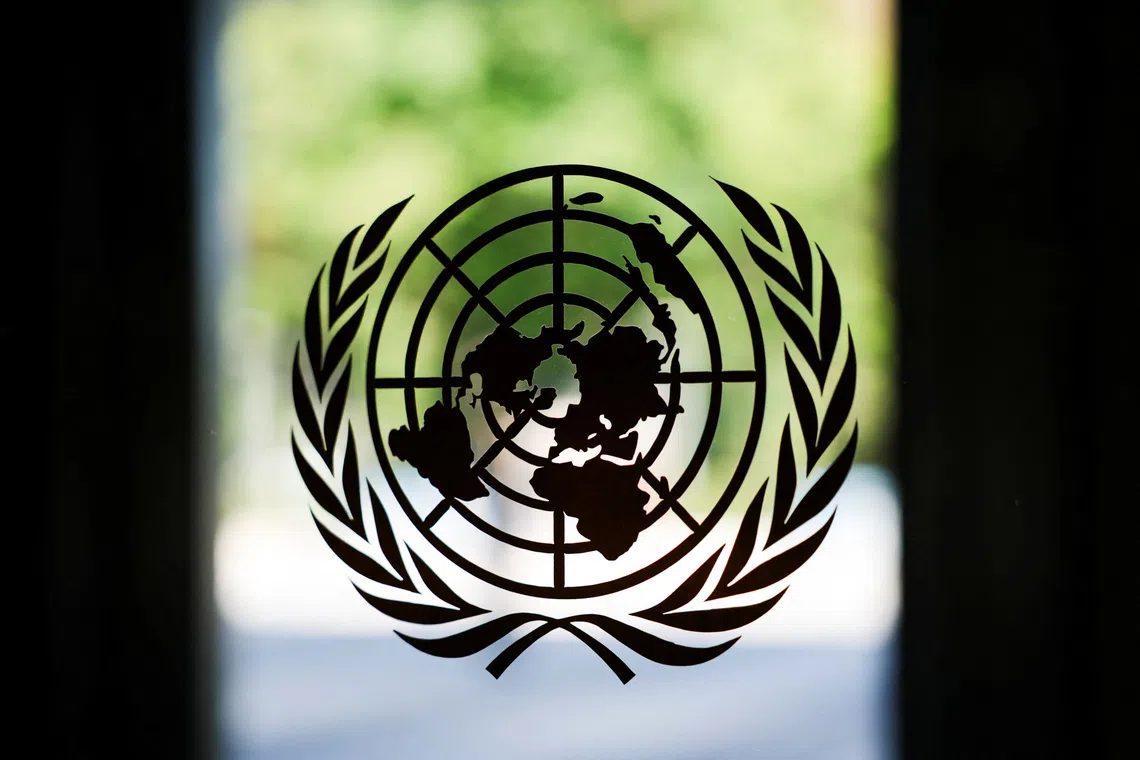UNICEF Faces Major Restructuring Amidst Global Aid Reductions
The United Nations Children's Fund (UNICEF) is embarking on a significant restructuring, moving the majority of its staff from high-cost cities like Geneva and New York to more economical locations. This strategic shift comes in response to a projected 20% reduction in funding over the next four years, a direct consequence of widespread global cuts in foreign aid.
Massive Staff Relocation and Budget Cuts
UNICEF announced late Wednesday that at least 70% of its personnel currently based in Geneva and New York would be reassigned to lower-cost duty stations. This move is part of an aggressive cost-cutting strategy, as the agency anticipates a 25% cut in its headquarters and regional budgets compared to 2024 levels. While New York will retain its status as global headquarters, a substantial portion of its workforce, alongside that in Geneva, is set for relocation.
According to the Swiss newspaper Tribune de Geneve, around 300 positions could be transferred from UNICEF's regional office for Europe and Central Asia in Geneva alone. The agency has identified several new destinations for its relocating staff, including Rome, Budapest, Florence, Istanbul, Brussels, and Valencia. Although UNICEF and the Swiss foreign ministry have not publicly confirmed the exact number of jobs or their precise destinations, an Italian government source indicated that Rome would be a recipient of these positions. Approximately 100 jobs will remain in Geneva, focusing on critical global advocacy and coordination efforts.
Wider Impact on UN Agencies
This initiative is not isolated; it reflects a broader trend impacting various UN agencies. Following significant reductions in foreign aid spending by major donors, particularly the U.S. and key European nations, UN organizations are facing substantial budget cuts and structural overhauls. UNICEF itself announced in May its plan to merge its regional offices for Europe and Central Asia with the Middle East and North Africa, consolidating them into a single hub in Amman, Jordan.
The current wave of relocations and downsizing extends beyond UNICEF. The World Health Organization (WHO) recently disclosed plans to shrink its workforce by nearly a quarter, affecting over 2,000 jobs by mid-next year. Similarly, the International Labour Organization (ILO) is contemplating the abolition of up to 295 posts and the transfer of dozens of staff to cities like Turin, grappling with its own 'critical' cash-flow challenges. These developments underscore a challenging period for international humanitarian and development agencies amidst a tightening global funding landscape.





